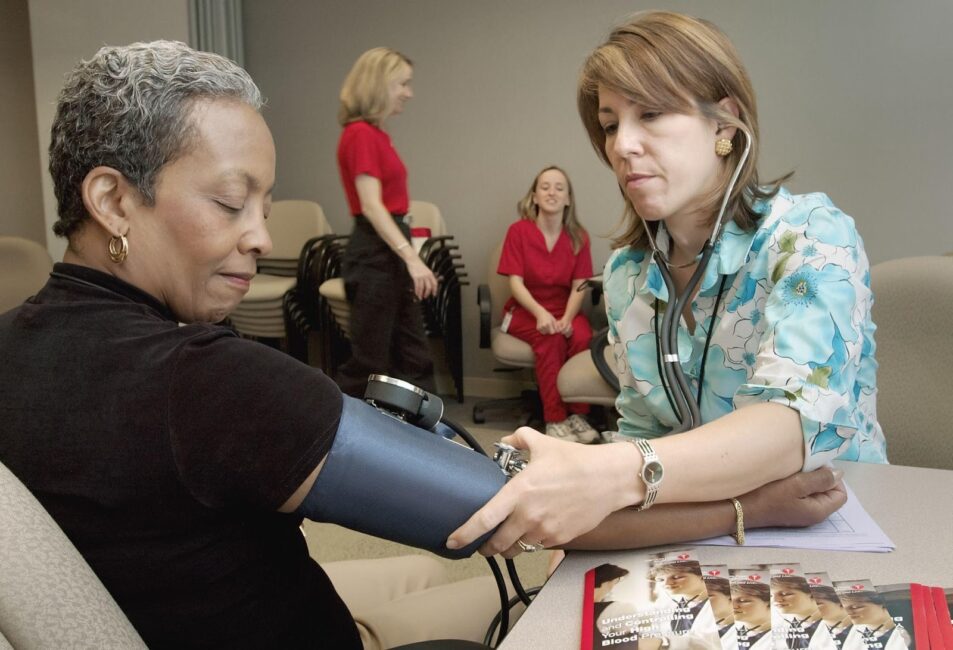While many people want to believe we’re in a post-pandemic society, COVID surges continue to plague certain parts of the country. On top of that, Monkeypox cases have spiked into the thousands.
For someone dealing with medical anxiety, this is an incredibly stressful and overwhelming time. When you’re struggling with anxious thoughts about your health and well-being, it can impact your ability to have a positive, fulfilling life.
Medical anxiety is very real, but it can also be managed, no matter the societal situation. Let’s take a look at what medical anxiety looks like, and how you can manage it in your everyday life.
What Is Medical Anxiety?
Anxiety is the most common mental health condition around the globe, but it can impact people in different ways. It can also be very specific. You might not deal with generalized anxiety, but have a strong fear of things like medical exams, surgical procedures, treatments, or even visits to the doctor.
Some of the common causes of medical anxiety include:
- Negative past experiences
- An aversion to needles
- Fear of having your body invaded
- Fear of pain
Misconceptions or stereotypes surrounding medical procedures can make your anxiety worse.
Whether you tend to avoid general check-ups or you’re paralyzed with fear regarding an upcoming procedure, it’s important to learn how to manage medical anxiety, especially when we’re in the midst of healthcare issues across the world.
How to Cope
Even when everything around you feels overwhelming, there are things you can do each day to cope with medical anxiety. Whether you have a procedure coming up or the state of health issues in the world has you feeling fearful, the right coping mechanisms can help.
First, recognize what healthy coping mechanisms look like. That doesn’t include secluding yourself from the rest of the world or withdrawing from the people and things you love. Instead, try some of the following solutions to manage your fears:
- Meditation or deep breathing exercises
- Exercising
- Journaling
- Smiling
It’s also important to have a support system as you try to cope with your anxiety. Having the right people in your life will make it easier to feel comfortable and find some peace. Surround yourself with family members and friends who understand your struggles and are willing to help. They can help you find enjoyment in your leisure time and ensure you practice self-care to reduce your stress levels. Sometimes, you simply might need a support system to “vent” about your worries, and that’s okay too.
Staying Up-to-Date
If you struggle with medical anxiety, you might feel like you’re constantly looking up information about new threats and illnesses. That’s not necessarily a bad thing. However, there’s a fine line between staying informed and obsessing over things that might not be true.
Arming yourself with facts and data can actually help to ease your anxiety. Listening to people talk on social media or believing rumors about certain medical issues can make things worse.
For example, some people have medical anxiety surrounding getting diseases from bug bites. However, researchers have found that humans are more likely to spread diseases than bugs like mosquitoes via air travel. False information can fuel your fears. Fight back with facts. In addition to looking up accurate data and information, stay up-to-date with changes and guidelines when it comes to viruses and illnesses impacting the world. They change more often than you might think.
Medical anxiety is manageable if you’re willing to take a few extra steps to combat your fears. By taking care of yourself, physically, boosting your mental well-being, and surrounding yourself with friends, family, and factual information, you can take control of your thoughts (and your life), even during stressful times.
